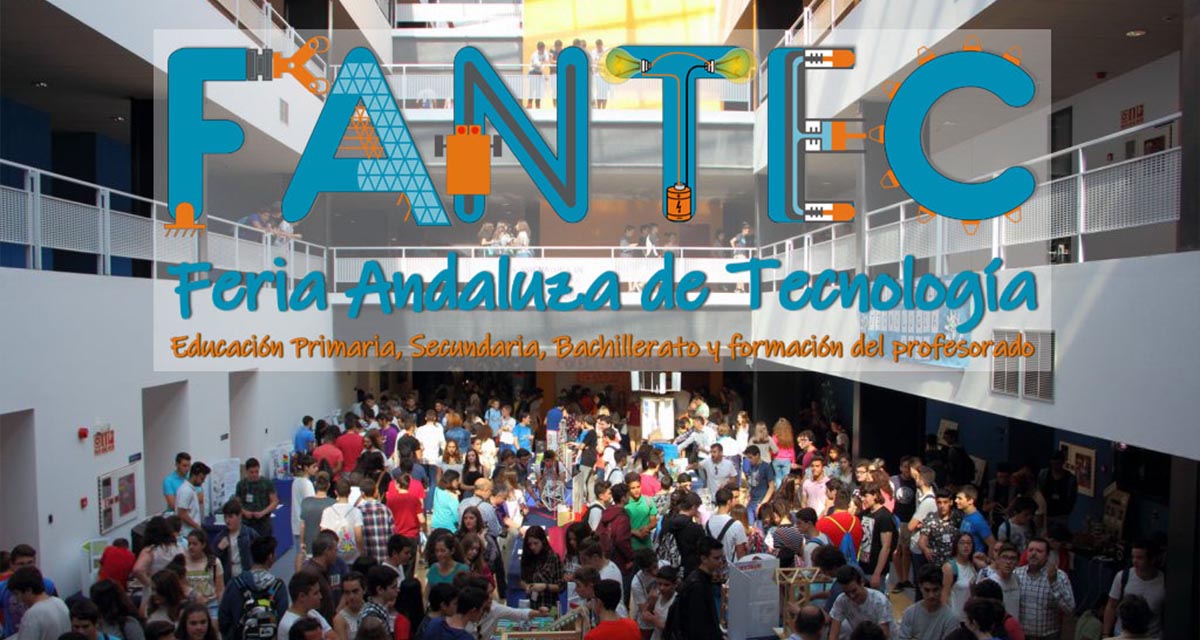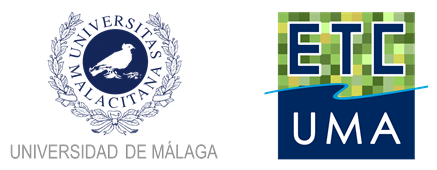Overview of recent work and access to online publications and resources
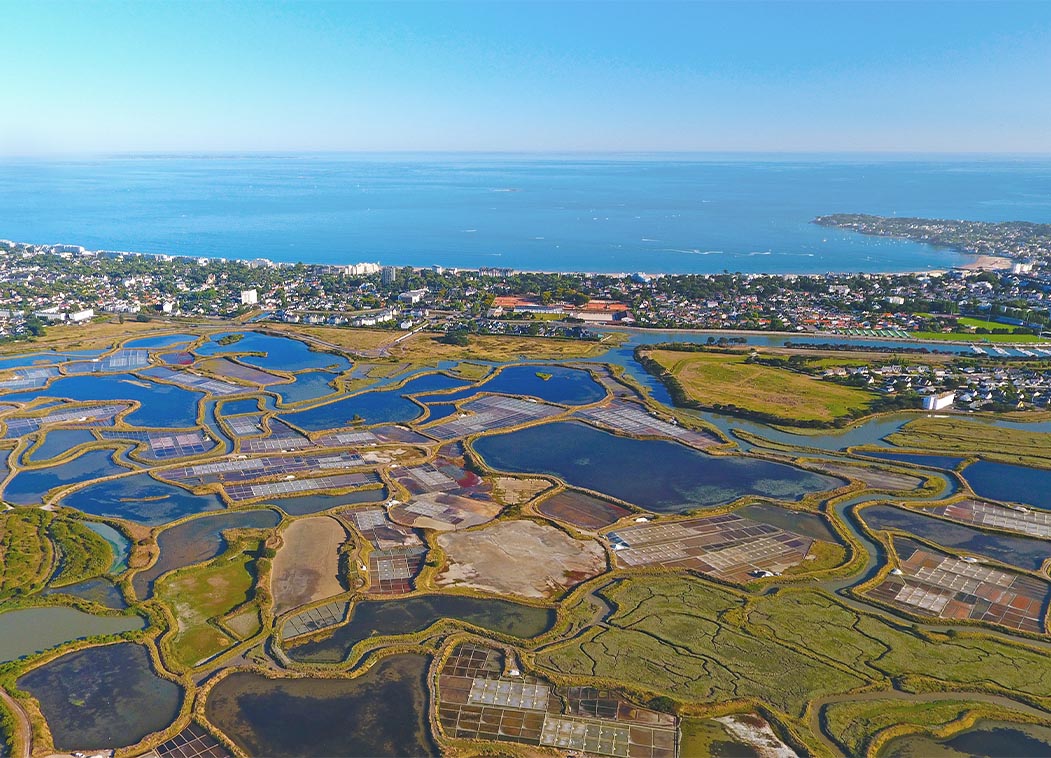
RESTORE4Cs 1st Policy Brief: How can coastal wetlands help achieve EU climate goals?
The first RESTORE4Cs Policy Brief of RESTORE4Cs, “How can coastal wetlands help achieve EU climate goals?“, highlights the importance of European coastal wetlands for reducing Greenhouse Gas emissions. The key messages of the first RESTORE4Cs Policy Brief include: Coastal wetlands are important natural carbon stores, ...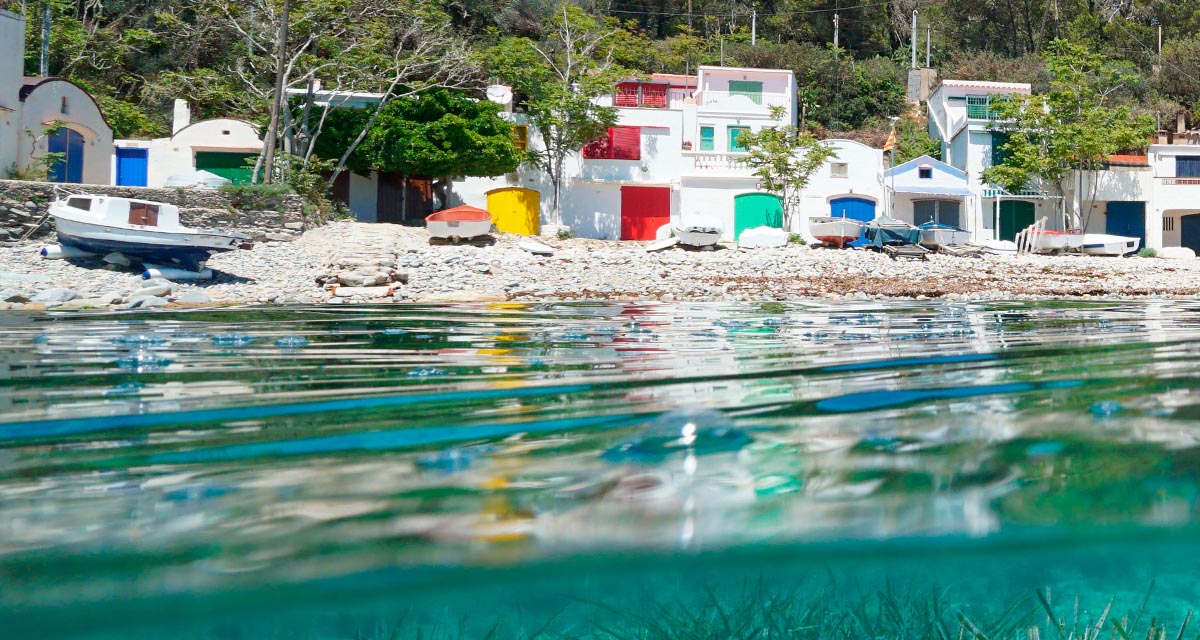
Mapping the Impact of Blue Tourism in the Mediterranean
The IUCN Centre for Mediterranean Cooperation with the support of ETC-UMA in the framework of the Blue Tourism Initiative, has released a comprehensive report entitled “Mapping the Impact of Blue Tourism in the Mediterranean: Vulnerability Assessment of Coastal and Marine ...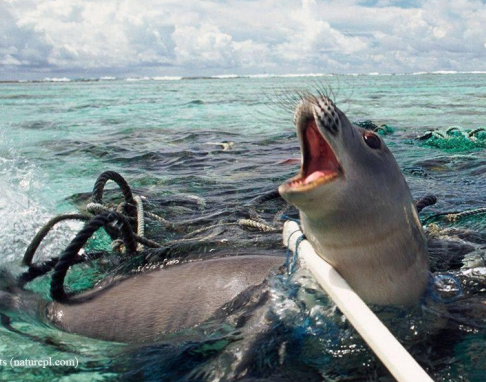
Brief update of the MedBioLitter database version 10 updated in January 2023
The MedBioLitter knowledge base is an entry-point to the peer reviewed research evidence published on the impacts of marine litter on marine biota in the Mediterranean region. This knowledge base was created in 2017, under the Interreg-Med funded initiative PANACeA ...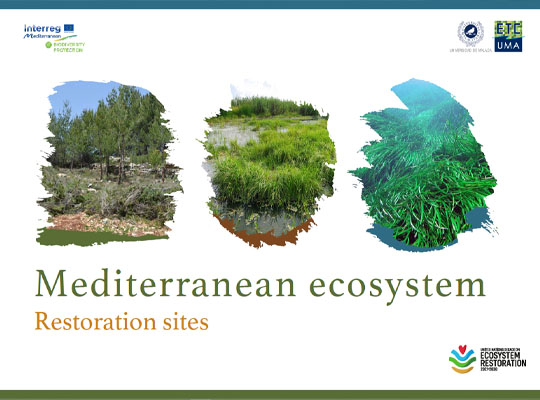
Mediterranean ecosystem restoration sites
In the frame of its strategic activities in the Mediterranean region, ETC-UMA as coordinator of the Mediterranean Biodiversity Protection Community (MBPC) has joined the Task Force on Best Practices on Ecosystem Restoration and committed to use its network of practitioners ...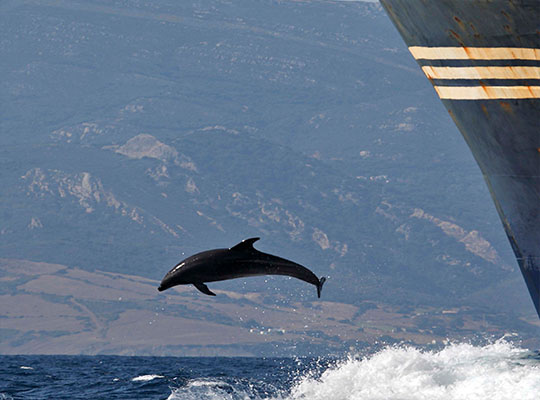
Supporting cetacean conservation in the Pelagos Sanctuary
A new report has been presented today, 18 November 2022, online in the frame of the cooperation between the Pelagos Permanent Secretariat and the Mediterranean Biodiversity Protection Community (MBPC), a project led by ETC-UMA. The new report, entitled Pathways to ...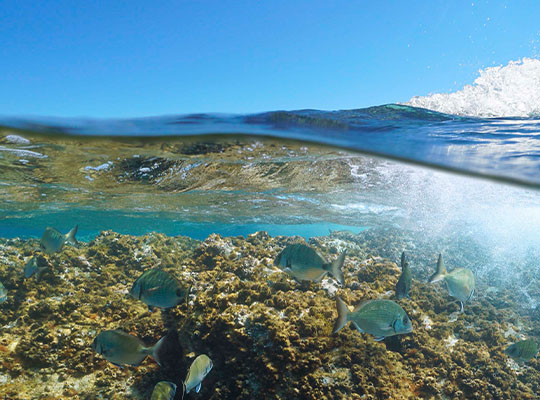
An assessment of marine biodiversity protection in the Mediterranean Sea: A threatened global biodiversity hotspot
The Mediterranean Sea is a World’s biodiversity hotspot. It harbours around 11% of all marine species in less than 1% of the global marine area (Bianchi & Morri, 2000). Furthermore, around 20% of those species are endemic (Coll et al., ...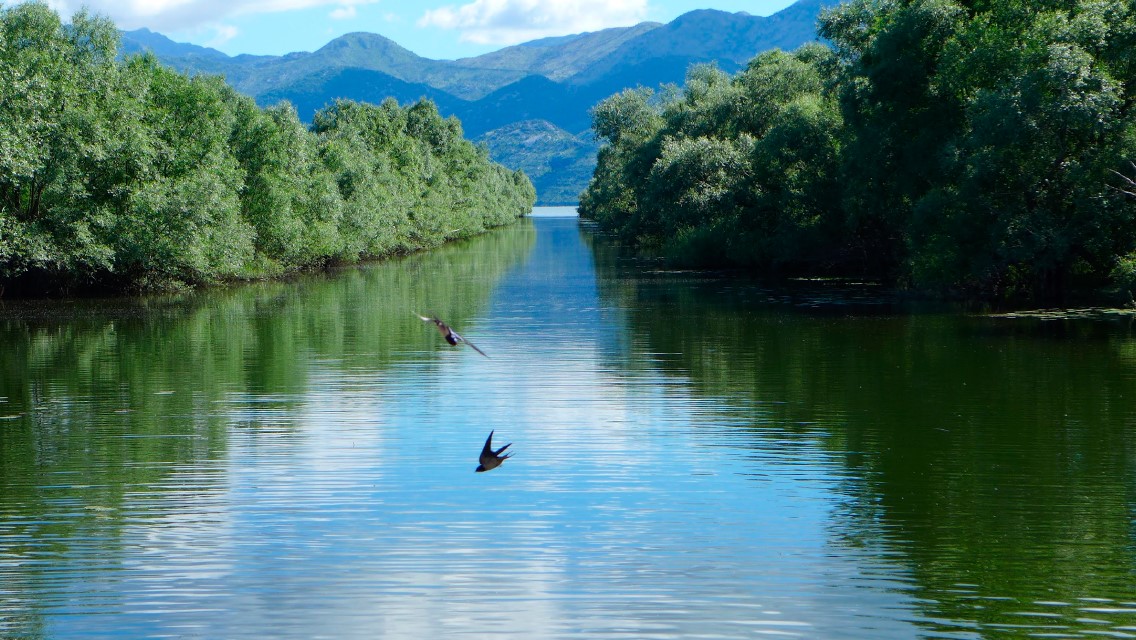
Mediterranean wetlands – their current state and ways to improve their conservation
The recent report entitled “Mapping and assessment of the state of wetland ecosystems: a Mediterranean perspective” led by ETC-UMA, in the frame of the Mediterranean Biodiversity Protection Community initiative co-funded by the EU Interreg Mediterranean programme, is the result of ...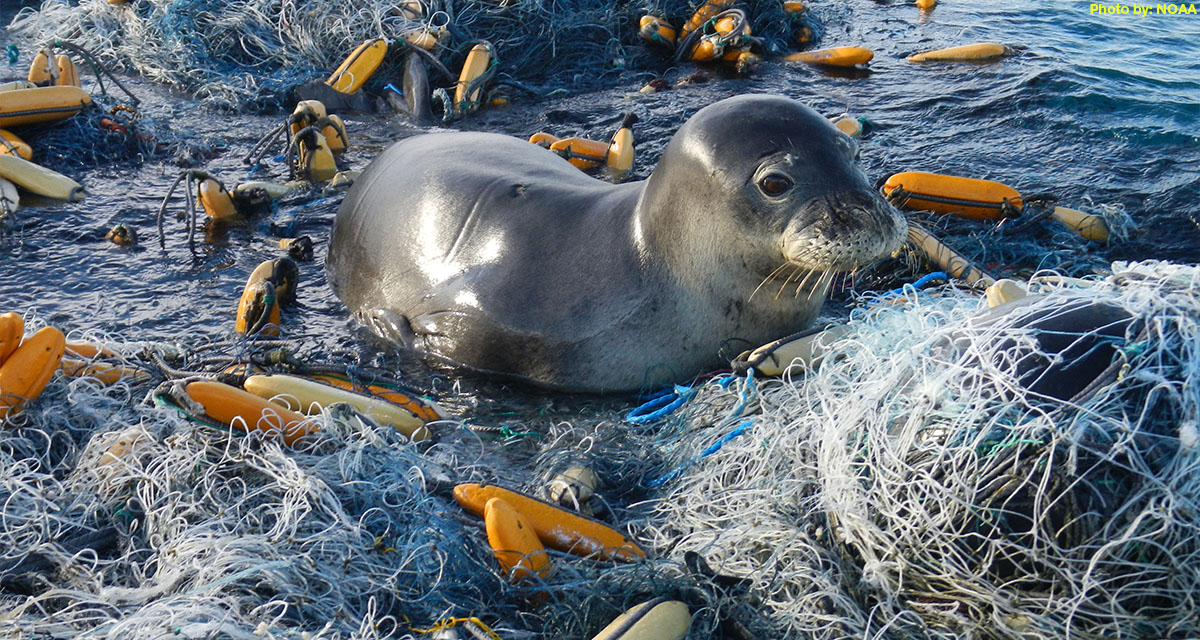
ETC-UMA issues new report on the impacts of litter on Mediterranean marine species
On the occasion of the workshop organized by IUCN and Région Sud in collaboration with its CPMR partner, the ETC-UMA Director, Dania Abdul Malak is presenting today 1 April 2022 a highlight on the wide range of actions required to ...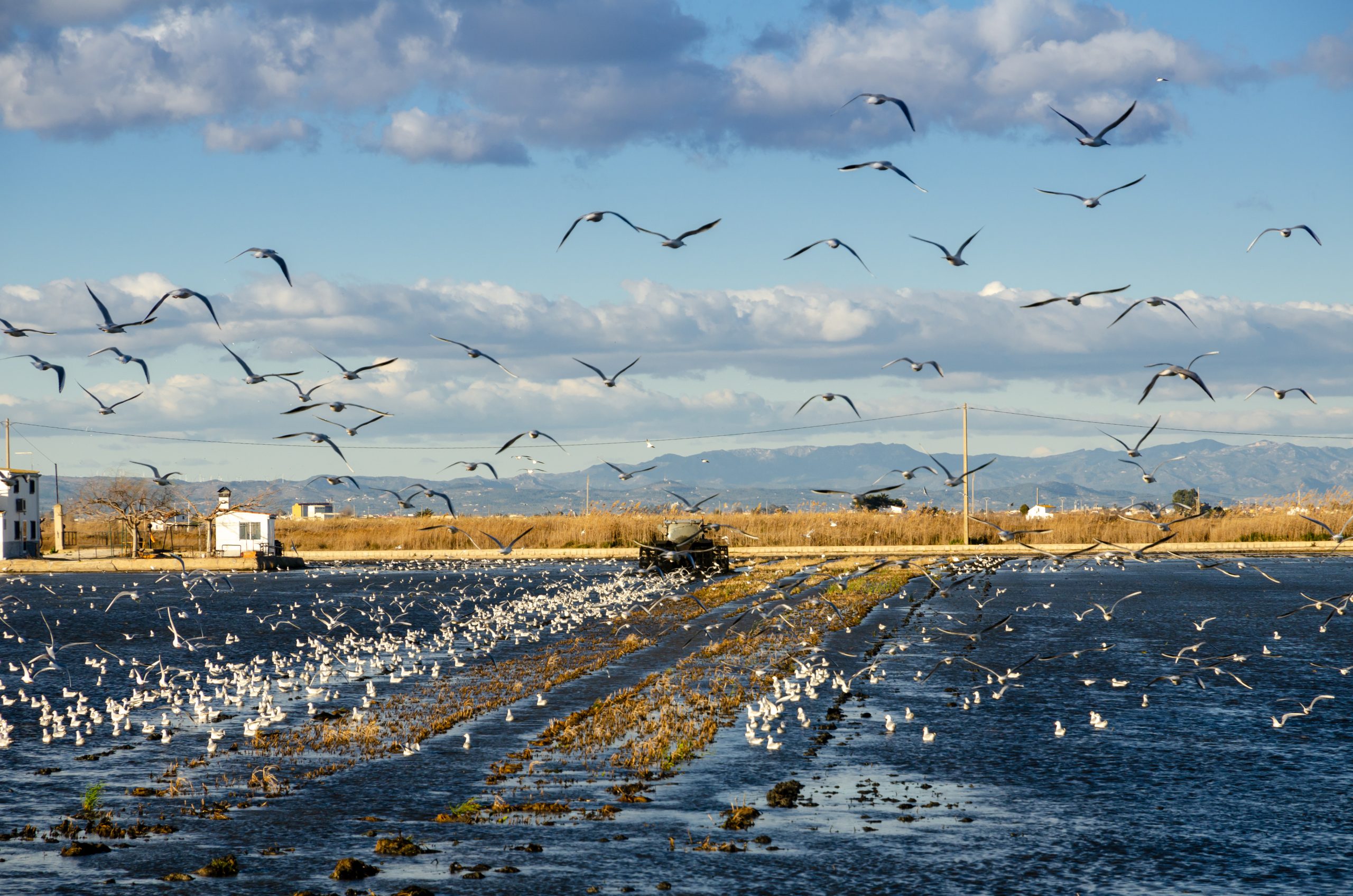
The role of healthy wetlands in fighting climate change
The new report developed by the ETC-UMA (University of Malaga), as partner of the European Topic Centre on Urban, Land and Soil Systems (ETC/ULS) has shed light on the role of healthy wetland habitats in the carbon cycle and the ...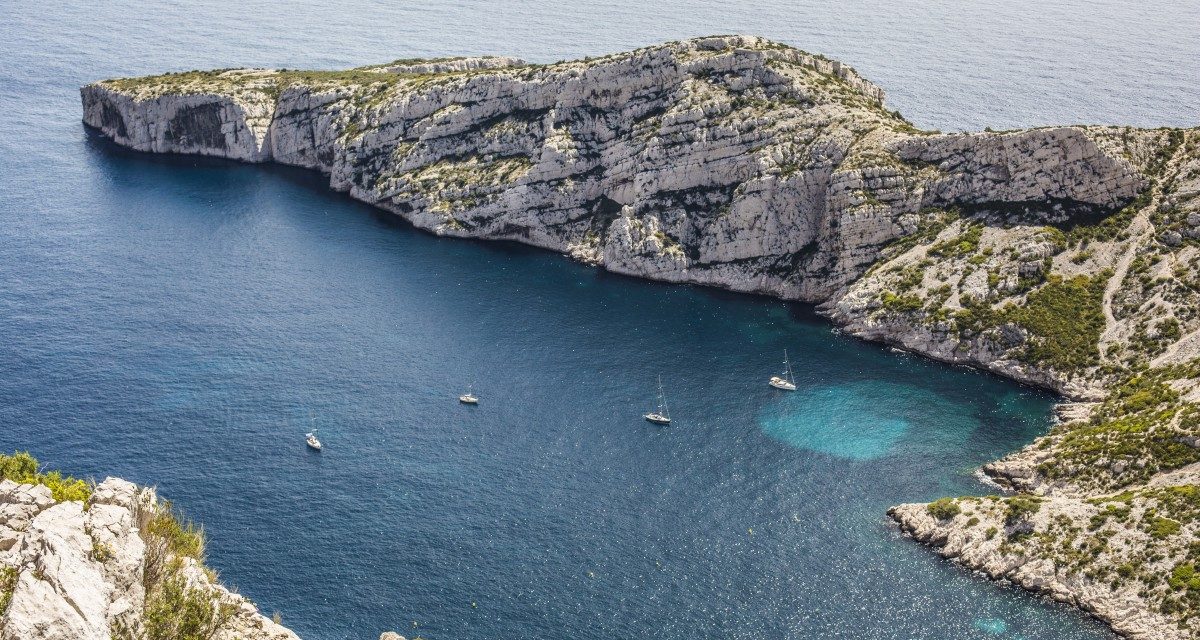
A Mediterranean snapshot on what we have and how to protect it
The report on the State of the Environment and Development in the Mediterranean (SoED) published in November 2020 warns that the Mediterranean basin is facing escalating environmental and developmental challenges: warming 20% faster than other regions, with 78% of fishing stocks subject ...
Mapping and Assessment of Ecosystems and their Services: An EU ecosystem assessment
This report presents an ecosystem assessment covering the total land area of the EU as well as the EU marine regions. The assessment is carried out by Joint Research Centre, European Environment Agency, DG Environment, and the European Topic Centres ...
MedBioLitter: an open database on marine litter and biodiversity science
An open database and spatial geoportal on current scientific knowledge related to marine litter and biodiversity interactions in the Mediterranean region. ...Check all our resources
You can access additional resources and publications per year through our engine below
Technical Reports
Sánchez-Espinosa, A.; Abdul-Malak, D.; San-Román, S.; Vera, A.
Marine mega fauna and litter in the Mediterranean: Overview of impacts in MedBioLitter Technical Report
2022.
Abstract | Links | BibTeX | Tags: Biodiversity, Conservation and management, Environmental conservation, Marine litter, Marine protected areas, Mediterranean sea, Pressures, Protected areas
@techreport{Sánchez-Espinosa2022,
title = {Marine mega fauna and litter in the Mediterranean: Overview of impacts in MedBioLitter},
author = {A. Sánchez-Espinosa and D. Abdul-Malak and S. San-Román and A. Vera},
url = {https://www.etc.uma.es/wp-content/uploads/Marine_mega_fauna_litter_Mediterranean_March2022.pdf},
year = {2022},
date = {2022-04-01},
urldate = {2022-04-01},
abstract = {This report highlights the conclusions coming from the analysis of MedBiolitter spatial and scientific data on interactions between marine fauna and litter in the Mediterranean published in English as in v.8 updated in March 2022, integrated with marine litter data collected by ACCOBAMS in the frame of the Aerial Survey Initiative on cetaceans and marine litter. The analysis focuses on the impacts on marine megafauna (large mammals like cetaceans and seals, turtles, cartilaginous fishes like sharks and rays, and scombridae like tuna and swordfish). This publication follows the publication of the “Mediterranean biodiversity and marine litter: an interaction knowledge base” report in the frame of the Interreg Mediterranean Biodiversity Protection project published in 2019. },
keywords = {Biodiversity, Conservation and management, Environmental conservation, Marine litter, Marine protected areas, Mediterranean sea, Pressures, Protected areas},
pubstate = {published},
tppubtype = {techreport}
}
RAC-SCP,; UNEP-MAP,; BRS-Conventions,; IPEN,
Plastic’s Toxic Additives and the Circular Economy Technical Report
2020.
Abstract | Links | BibTeX | Tags: Marine litter, Pressures
@techreport{RAC-SCP2020,
title = {Plastic’s Toxic Additives and the Circular Economy},
author = {RAC-SCP and UNEP-MAP and BRS-Conventions and IPEN},
url = {http://www.cprac.org/en/news-archive/general/toxic-additives-in-plastics-hidden-hazards-linked-to-common-plastic-products},
year = {2020},
date = {2020-09-25},
abstract = {Toxic chemicals of concern that are widespread in common plastic products can hinder the momentum for a circular economy. A new report, coordinated by the Barcelona-based(1) Regional Activity Centre for Sustainable Consumption and Production (SCP/RAC), serving both the Stockholm Convention and the Barcelona Convention, has been produced in collaboration with the International Pollutants Elimination Network (IPEN) in order to shine a light on extensive evidence of toxic chemical components in plastics that can harm human and environmental health and impede a safe circular economy.},
keywords = {Marine litter, Pressures},
pubstate = {published},
tppubtype = {techreport}
}
Guitart, C.; Abdul-Malak, D.; Sánchez-Espinosa, A.; Valverde, C. Pérez; Bigagli, E.; San-Román, S.
Mediterranean biodiversity and marine litter: an interaction knowledge base Technical Report
2020.
Abstract | Links | BibTeX | Tags: Biodiversity, Conservation and management, Marine litter, Marine protected areas, Mediterranean sea, Pressures
@techreport{Guitart2020,
title = {Mediterranean biodiversity and marine litter: an interaction knowledge base},
author = {C. Guitart and D. Abdul-Malak and A. Sánchez-Espinosa and C. Pérez Valverde and E. Bigagli and S. San-Román},
editor = {ETC-UMA},
url = {https://www.etc.uma.es/wp-content/uploads/PAN_report_Mediterranean-biodiversity-and-marine-litter_LowRes.pdf},
year = {2020},
date = {2020-01-10},
urldate = {2020-01-10},
abstract = {The Interreg-Med programme (2014-2020) has co-financed several initiatives that tackle the issue of marine litter. The Mediterranean Biodiversity Protection Community, co-financed by Interreg Med and featured by PANACeA, is one of these networks and aims at ensuring harmonized approaches to provide transferable evidence-based solutions on this growing challenge in the region. Part of the contribution of this Interreg Med community is to increase the evidence and the understanding of marine litter concerns and to reduce the pressures coming from marine litter as well as its impacts on biodiversity and ecosystems in the Mediterranean region.
The main areas of work of this community to date include the compilation of knowledge and available information on monitoring, measures and actions in marine protected areas (MPAs) and beyond, and to provide tools to support biodiversity protection and management to a wide range of stakeholders from local managers to regional policy makers in the Mediterranean region. An insight on projects tackling marine litter policy, management, pressures, impacts and best practices to combat litter in the marine and coastal environment is presented in Table 1. Five projects (out of 11 thematic projects within the Mediterranean Biodiversity Protection Community) have pursued marine litter pollution knowledge objectives. The knowledge generated by the Biodiversity Protection community has been synthesized here to offer coordinated knowledge and practice in the Mediterranean region and to contribute to both the Mediterranean and international marine litter reduction challenges.},
keywords = {Biodiversity, Conservation and management, Marine litter, Marine protected areas, Mediterranean sea, Pressures},
pubstate = {published},
tppubtype = {techreport}
}
The main areas of work of this community to date include the compilation of knowledge and available information on monitoring, measures and actions in marine protected areas (MPAs) and beyond, and to provide tools to support biodiversity protection and management to a wide range of stakeholders from local managers to regional policy makers in the Mediterranean region. An insight on projects tackling marine litter policy, management, pressures, impacts and best practices to combat litter in the marine and coastal environment is presented in Table 1. Five projects (out of 11 thematic projects within the Mediterranean Biodiversity Protection Community) have pursued marine litter pollution knowledge objectives. The knowledge generated by the Biodiversity Protection community has been synthesized here to offer coordinated knowledge and practice in the Mediterranean region and to contribute to both the Mediterranean and international marine litter reduction challenges.
Latest news
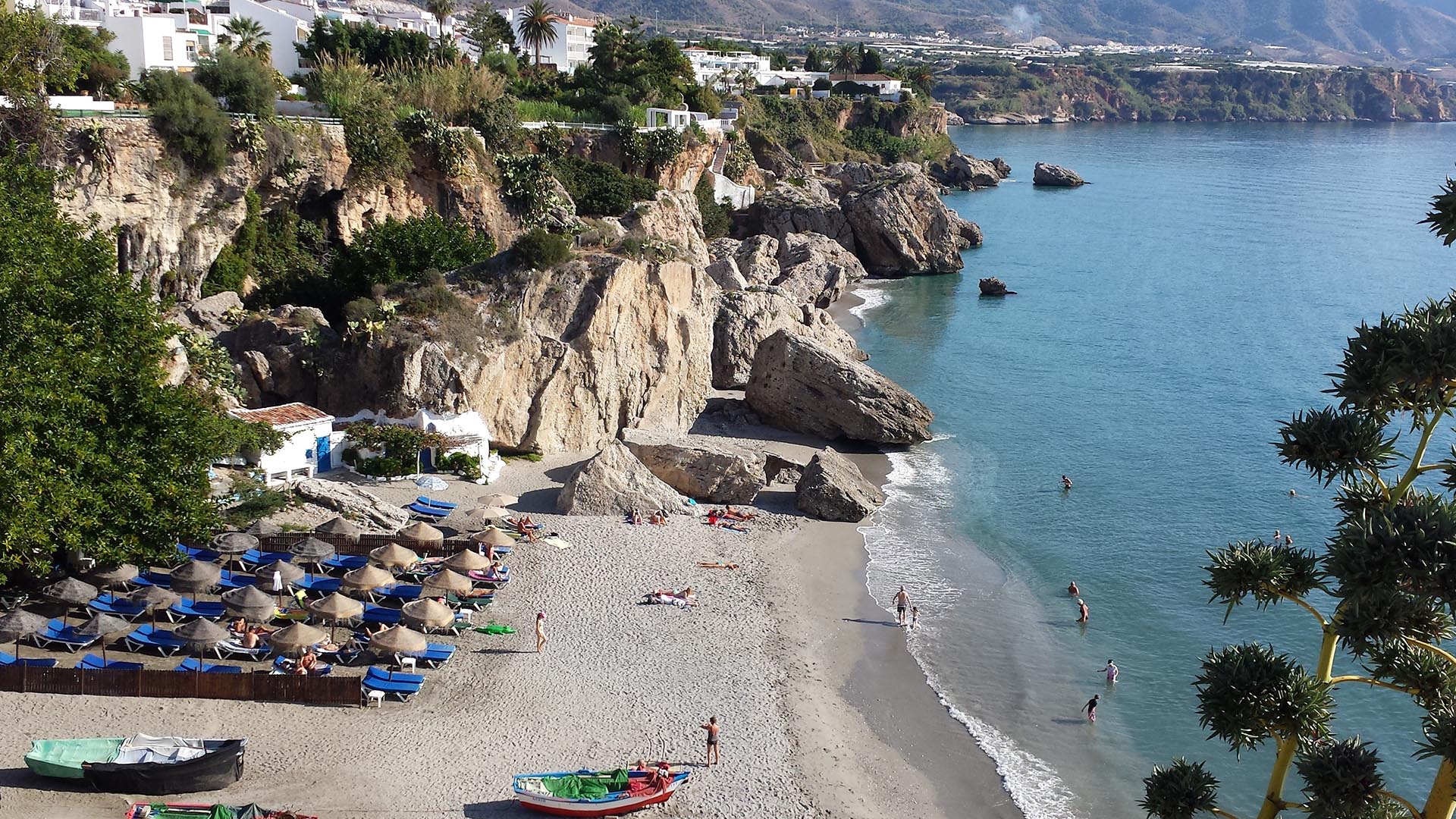
Preparing for a greener and bluer summer 2025
With summer just around the corner, it is this time of the year when many of us get a chance to step back, recharge, and enjoy the outdoors. From ETC-UMA´s side, as we head into the vacation season, we want ...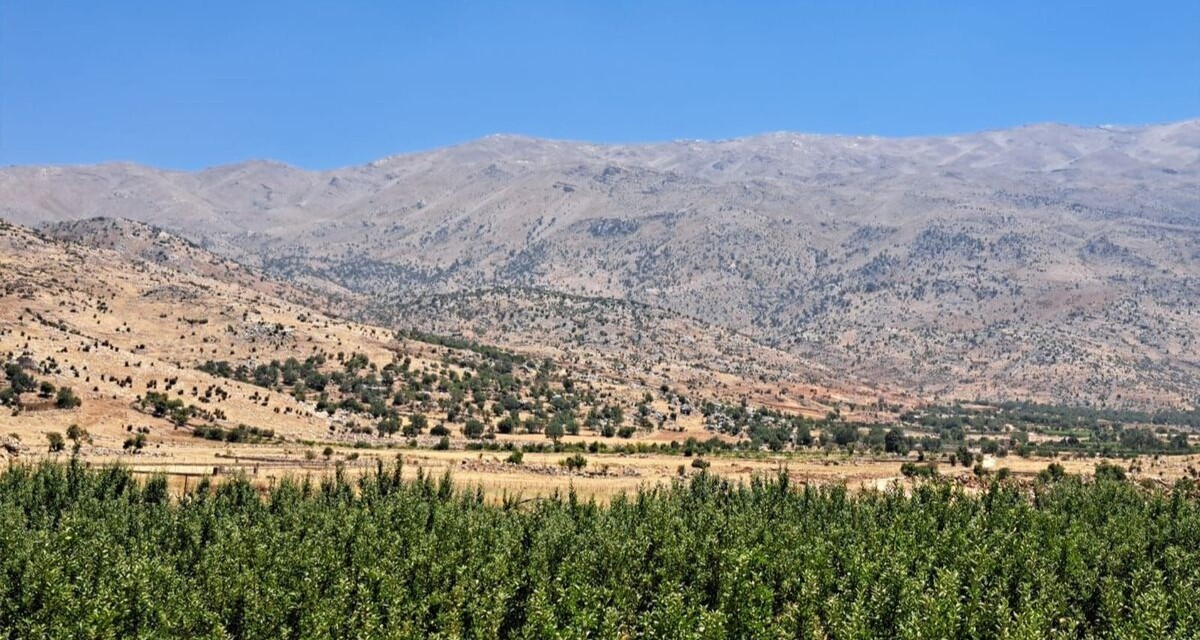
Back in Lebanon with BioConnect: Witnessing nature protection and socioecological resilience in action
As part of ETC-UMA’s role as the external evaluator for the EU-funded BioConnect project, the Centre’s Director, Dania Abdul Malak, carried out a site visit to Lebanon from July 8 to 12 to assess the project’s progress in its third ...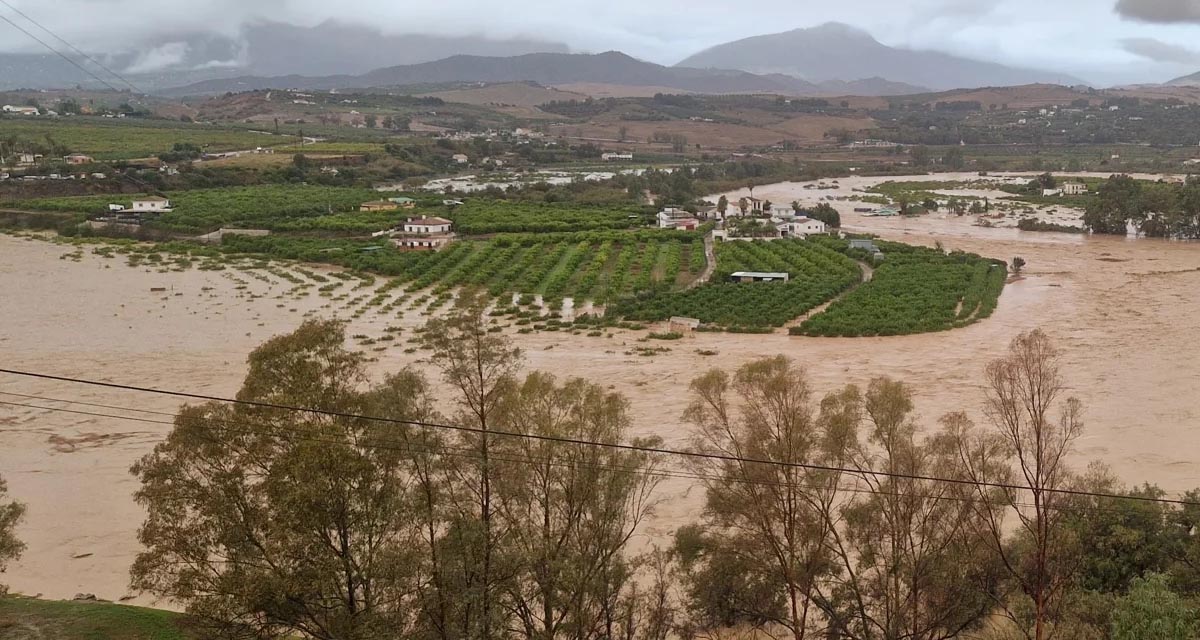
Boosting Climate Resilience: Wetland4Change Project Advances Flood Management Solutions for Mediterranean Coastal Zones
The Mediterranean coastal zone´s combination of multiple severe climate hazards – rising temperatures, water scarcity, sea-level rise, and extreme weather events – makes it a hotspot for highly interconnected climate risks for the ecosystems and societies. Recent catastrophic floods in ...
RESTORE4Cs 1st Policy Brief: How can coastal wetlands help achieve EU climate goals?
The first RESTORE4Cs Policy Brief of RESTORE4Cs, “How can coastal wetlands help achieve EU climate goals?“, highlights the importance of European coastal wetlands for reducing Greenhouse Gas emissions. The key messages of the first RESTORE4Cs Policy Brief include: Coastal wetlands are important natural carbon stores, ...
Mapping the Impact of Blue Tourism in the Mediterranean
The IUCN Centre for Mediterranean Cooperation with the support of ETC-UMA in the framework of the Blue Tourism Initiative, has released a comprehensive report entitled “Mapping the Impact of Blue Tourism in the Mediterranean: Vulnerability Assessment of Coastal and Marine ...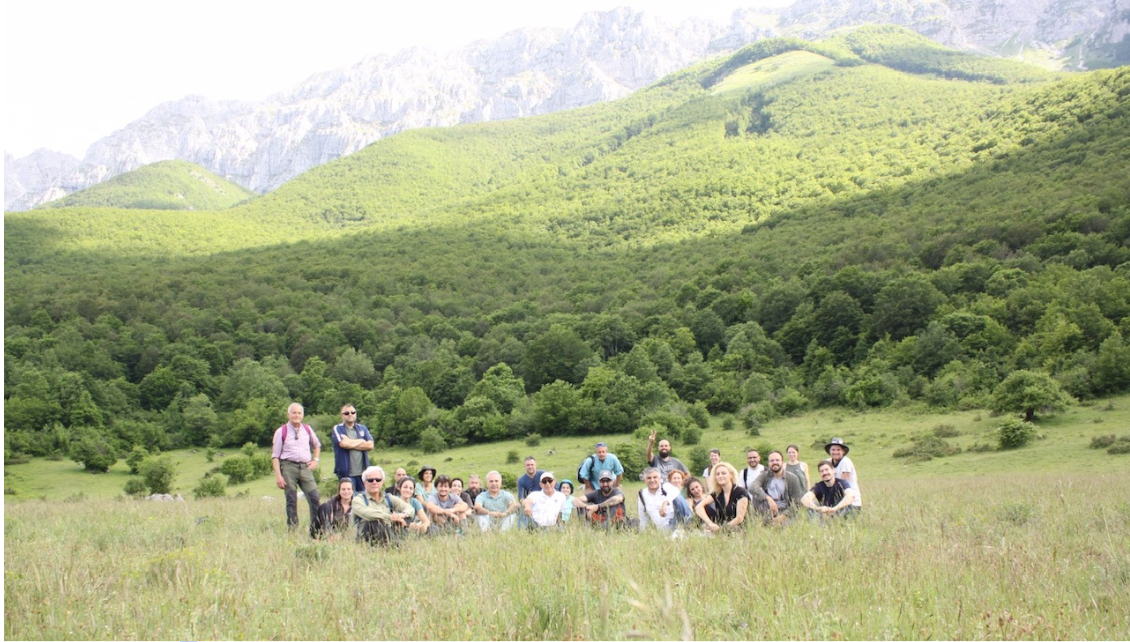
StrategyMedFor Presented at Annual Medforval Meeting 2024
StrategyMedFor was prominently featured at the Annual Medforval Meeting 2024, held from June 5-7 in Fontecchio, Italy. The event brought together 25 practitioners from national parks and natural reserves across 9 Mediterranean countries, providing a valuable platform for StrategyMedFor to ...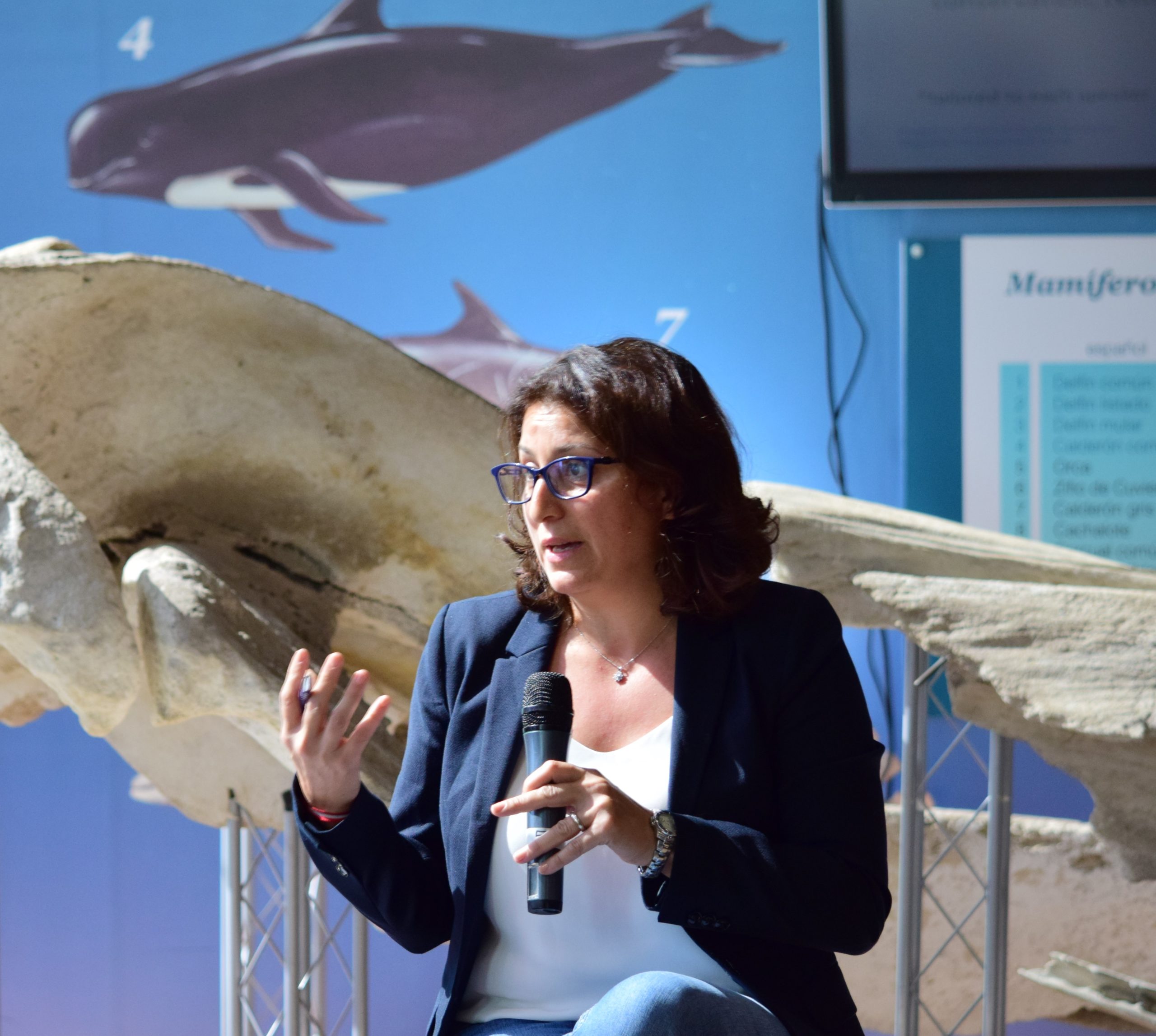
Celebrating leadership in environmental management: an interview with Dania Abdul Malak
From designing integrated ecosystem assessments in Europe and the Mediterranean to transforming outcomes into evidence-based recommendations for regional stakeholders, the European Topic Centre on Spatial Analysis and Synthesis (ETC-UMA) stands as a flagship for territorial cooperation. At the forefront of ...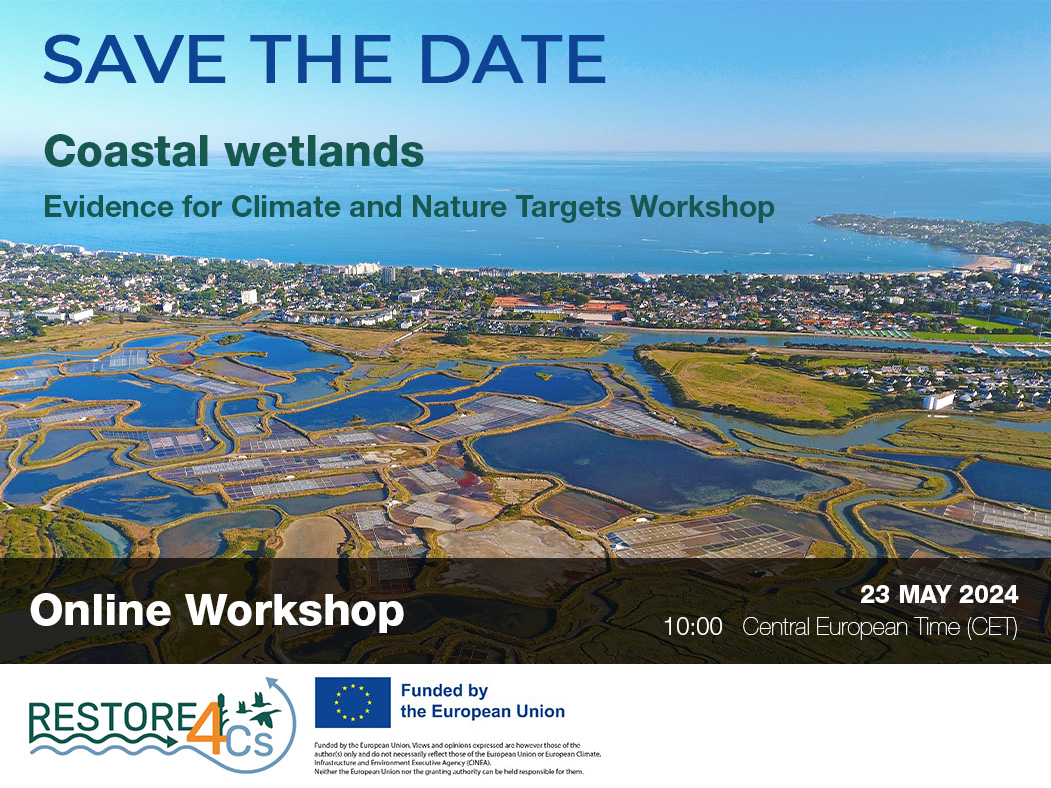
Save the date! Unlocking solutions for coastal conservation in Europe
How can coastal wetlands respond to major European Union objectives such as climate neutrality, biodiversity protection, and pollution reduction? What key role do coastal wetlands play in achieving EU commitments for climate mitigation and biodiversity conservation? The European Topic Centre ...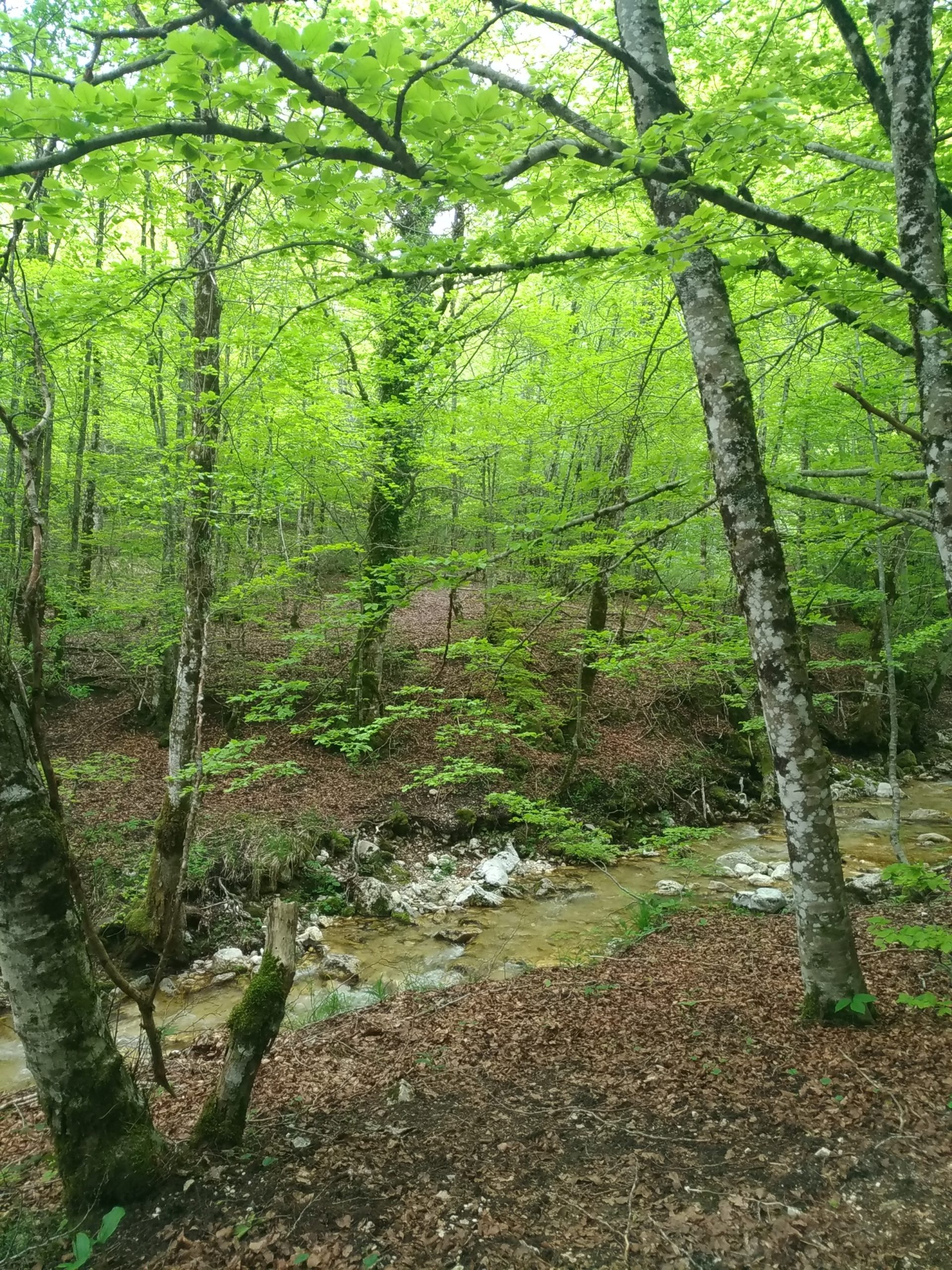
Towards a Strategy for the Sustainable Management of Mediterranean Forests (StrategyMedFor)
The StrategyMedFor project, co-financed by the Interreg Euro-MED programme, was launched at the University of Malaga during a two day meeting that took place on March 18 and 19, 2024. The European Topic Centre on Spatial Analysis and Synthesis (ETC-UMA), ...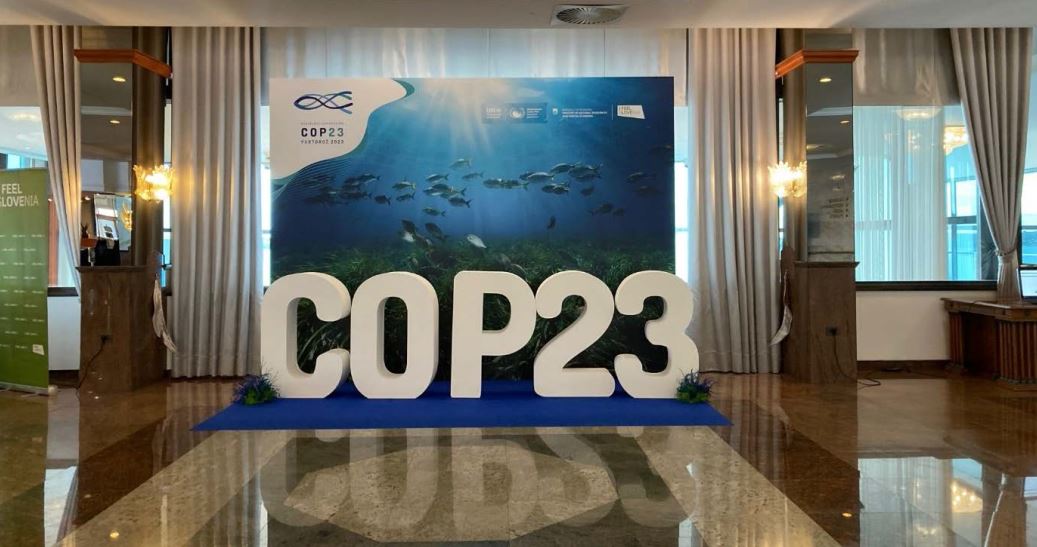
Collaborative science for forests by ETC-UMA showcased in Slovenia during the COP23
As UNEP MAP partner organization, ETC-UMA recently engaged in the organization of a session with Mediterranean institutions under the topic of climate change, entitled: From COASTAL to FOREST ecosystems: Mediterranean Nature-based Solutions to tackle climate change and ensure the Resilience ...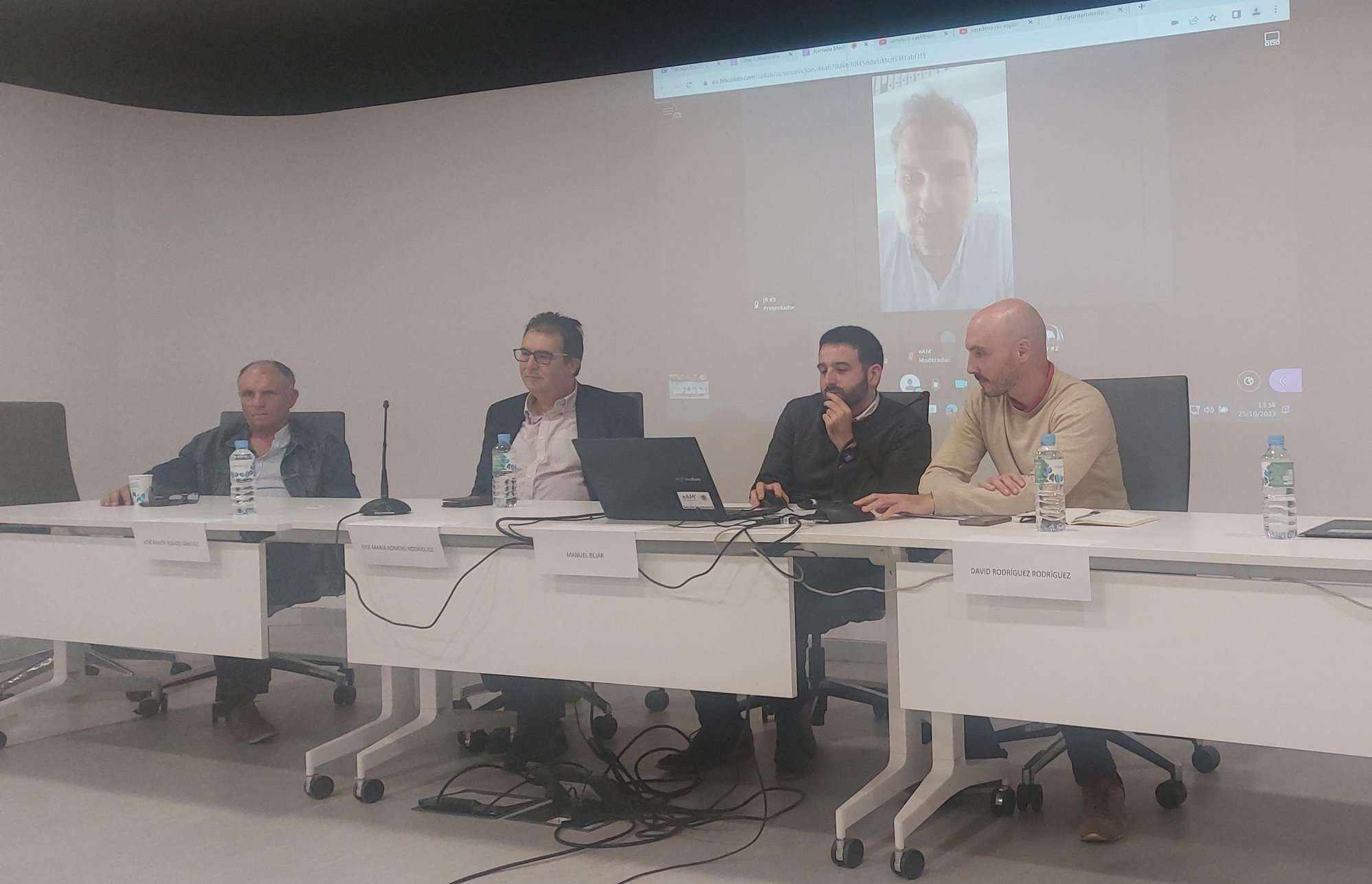
Tools for conserving the Spanish coast
On the initiative of the Instituto Universitario Hábitat Territorio y Digitalización (iHTD) of the University of Malaga, around 70 representatives of Spanish public administrations, researchers, architecture and environmental science players and civil society signed up to the second debate on ...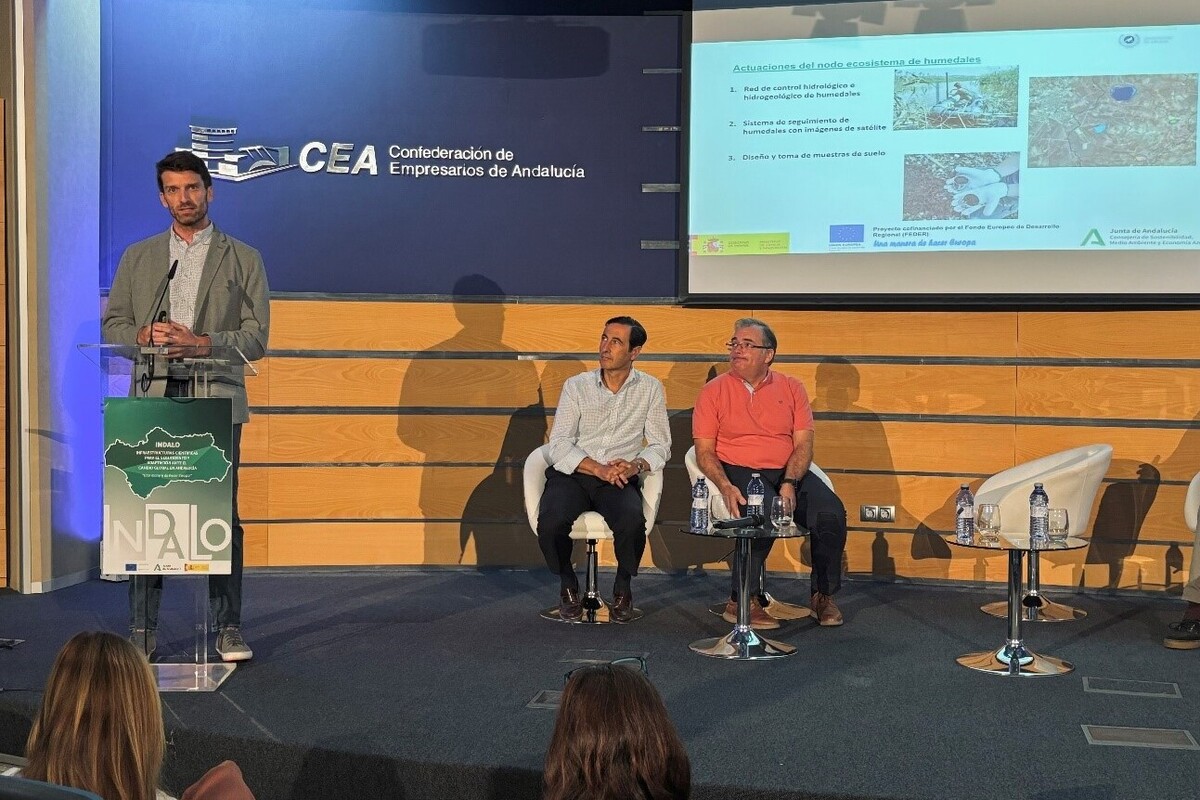
GreenEye System: a cloud-based system to monitor wetlands in Andalusia
Developed in the frame of the LifeWatch INDALO project cofinanced by the European Regional Development Fund (ERDF) for the study of biodiversity and global change in Andalucia, GreenEye System, this new cloud-based monitoring system, provides useful tools for wetlands’ assessment, ...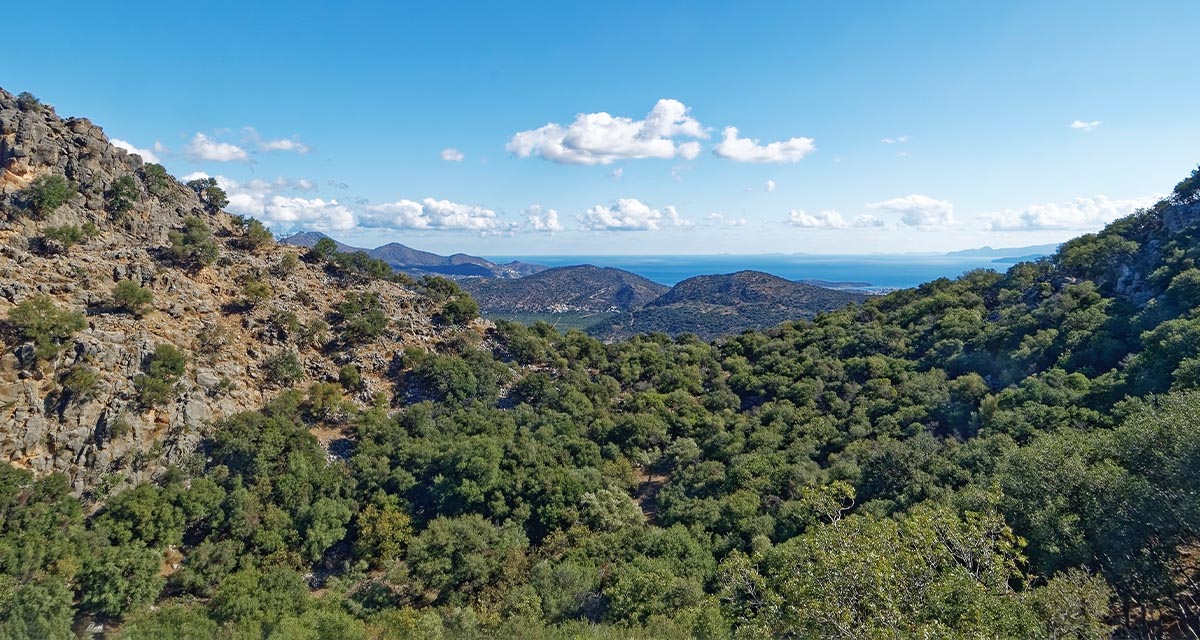
Looking back and forth to Mediterranean Forests
Timely published to enrich the knowledge available to fight fires and climate change challenges after an extremely hot summer, the proceedings of the Seventh Mediterranean Forest Week “Forest and Ecosystem Restoration for the next Mediterranean Generations” held from 21 to ...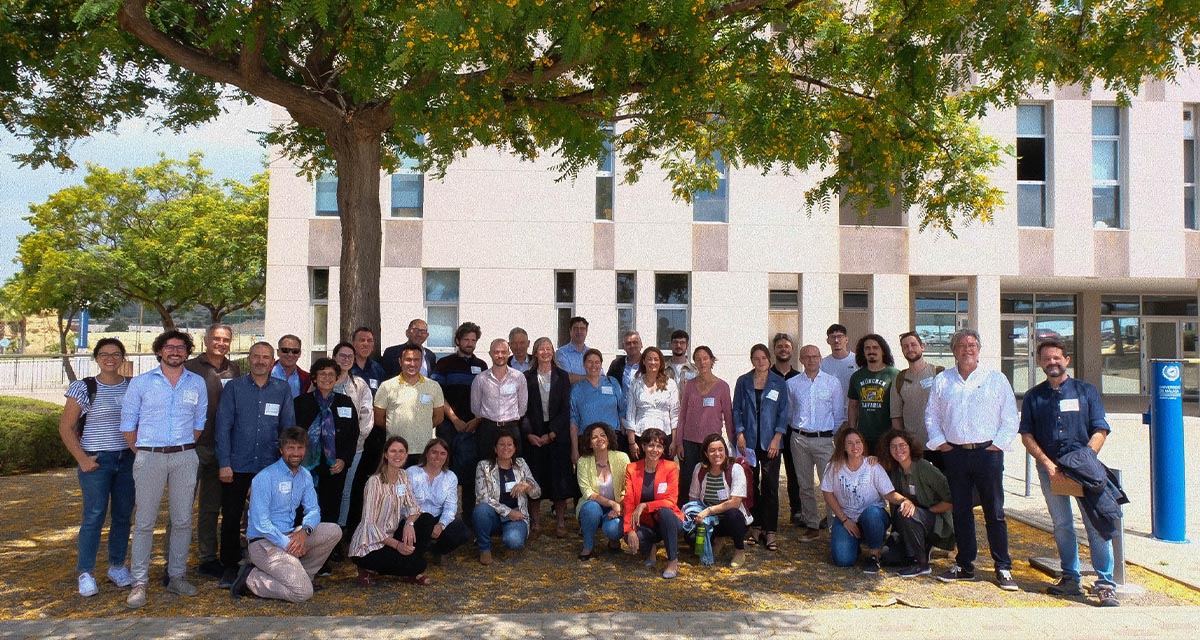
More space for innovative Mediterranean forest data partnerships
The report entitled A knowledge baseline on Mediterranean forests supported by innovation launched in July by ETC-UMA provides a highlight of what Mediterranean countries and institutions are doing to integrate new digital, satellite and Artificial Intelligence technologies into forest monitoring ...